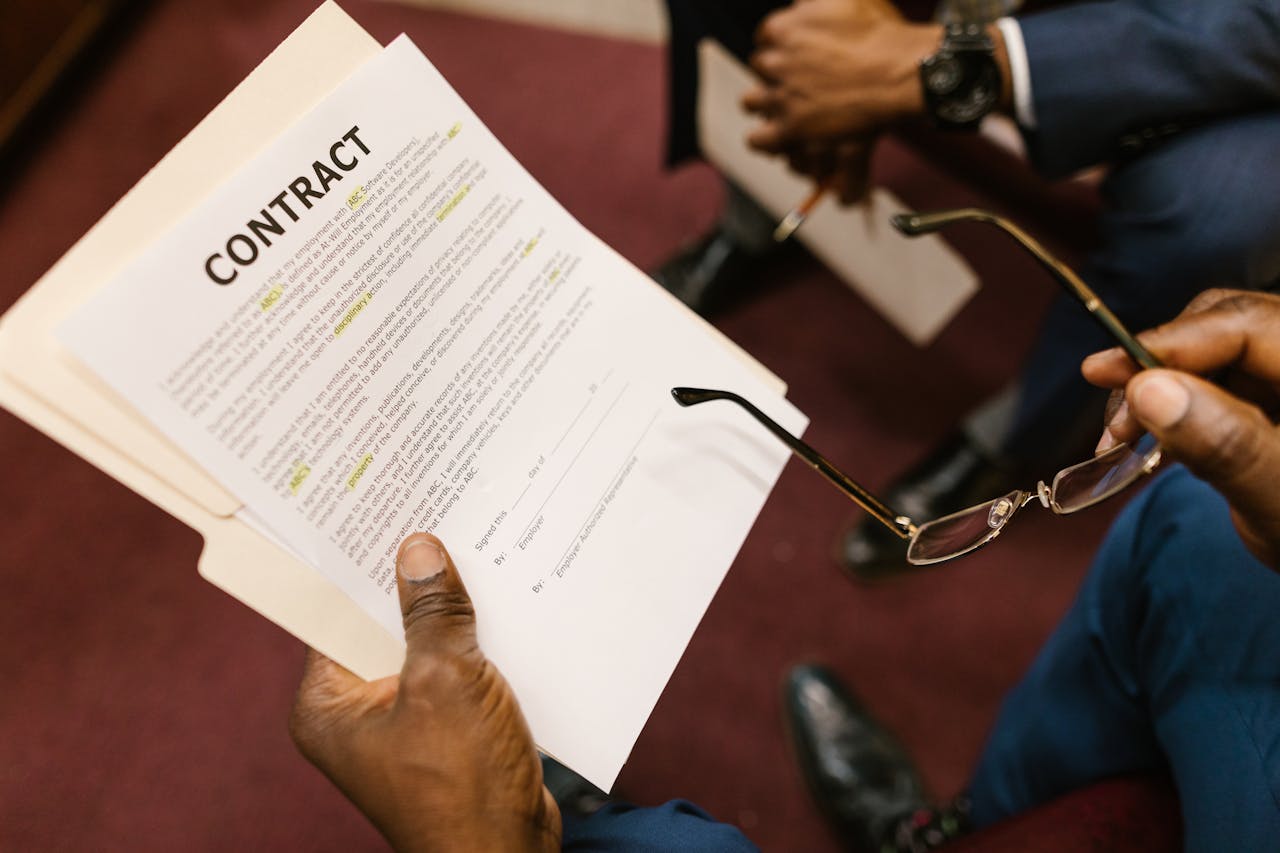The United Arab Emirates (UAE) has a well-structured and efficient legal system that offers both residents and businesses a clear path to resolve disputes. Litigation — the formal process of taking legal action through the courts — remains a fundamental part of that system. Whether you’re pursuing a civil claim or defending your rights, understanding how litigation works in the UAE is critical for achieving a favorable outcome.
The UAE Legal System: An Overview
The UAE has a dual legal system comprising:
- Federal Courts, which apply across most Emirates.
- Local Courts, such as in Dubai and Abu Dhabi, which operate independently in certain legal matters.
There are three tiers of courts in most Emirates:
- Court of First Instance
- Court of Appeal
- Court of Cassation (Supreme Court of the Emirate)
Each level provides opportunities for appeal, subject to the nature and value of the dispute.
The Litigation Process in the UAE
Here is a general overview of how litigation proceeds:
1. Filing a Claim
The process starts with submitting a claim to the competent court. It must include:
- A statement of claim
- Supporting documents (contracts, correspondence, IDs)
- A court fee (based on claim value)
2. Preliminary Court Session
Once accepted, the court schedules the first hearing. Both parties are notified and must appear, either personally or through legal representatives.
3. Defense & Evidence
The defendant submits a response. Both sides then exchange memoranda, evidence, and witness statements over several sessions.
4. Judgment
After reviewing the case, the court issues a ruling. This may be appealed within a specified time (usually 30 days).
Common Types of Litigation in the UAE
- Commercial Disputes: Contractual issues between companies
- Civil Disputes: Personal claims, property, or compensation
- Employment Cases: Wrongful termination, unpaid dues
- Real Estate Matters: Breach of sale or lease agreements
Challenges in UAE Litigation
- Language: All court documents must be in Arabic.
- Documentation: Properly notarized and translated documents are required.
- Timelines: While courts are efficient, multi-level appeals can prolong resolution.
- Cost: Litigation involves court fees, legal representation, and document certification.
Strategic Tips for Effective Litigation
- Engage a Local Legal Consultant: UAE law mandates that only Emirati advocates can represent parties in court. Legal consultancies like ours can prepare your case and work with licensed advocates.
- Document Everything: Clear, properly translated evidence makes a significant impact.
- Don’t Delay: Missing procedural deadlines can result in case dismissal.
- Consider Settlement: Courts often encourage amicable settlements before or during litigation.
How Vision and Solution Legal Consultancy Can Help
At Vision and Solution Legal Consultancy, we assist individuals and businesses throughout every stage of the litigation process. From case evaluation and document preparation to strategic advice and coordination with licensed lawyers, we ensure your interests are protected under UAE law.
Need help with a legal dispute in the UAE?
Contact us today for a consultation and take the first step toward a strong legal solution.


